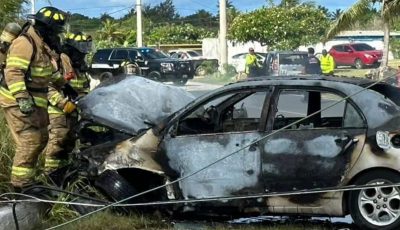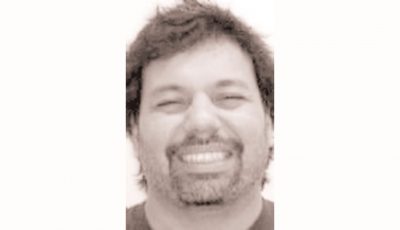I have a dream
Proprietary rights to the tape of MLK Jr.’s I Have a Dream, a speech delivered at the Lincoln Memorial in 1963, was bought by magician David Copperfield, who donated it to the National Civil Rights Museum to promote King’s message of nonviolence. Copperfield said King inspired people to dream. “That’s too important for one person to possess,” Copperfield said of the recording. “You have to share that with people to remind as many people as possible of the message.”
My youth was shaped by the same poetry and images. It marked a turning point in the civil rights’ movement toward the tactic of active non-violence, later linked to the war in Southeast Asia to counter racial persecution off the back of America’s dark skinned to the squinty slit-eyed Orientals.
Today marks the 51st year of that speech. It was a year after that this probinsyanong Pinoyze arrived in the Midwest of America, starry-eyed about what I thought was already the end of racial discrimination, only to find out that violent defiance over legislated laws were just beginning.
George Wallace, a fellow Methodist (when I still counted myself in the group) and Alabama governor who entered office with a liberal record, turned out to be the poster boy of southern resistance against the abolition of the then recognized laws on segregation that legitimized white folks being more equal before the law than their darker skinned fellow citizens.
Racial discrimination followed my footsteps, from the benign, patronizing kind to the vicious, exclusionary variety. My later primal spouse’s mother in Glen Ellyn, Illinois, a white suburb of Chicago at the time, said of me when her daughter and I started to be more romantically involved: “Look how dark he is.” It was a mark of her daughter’s progressiveness that she went ahead and married me anyway, even following my vocational service halfway around the world!
One of my first LP albums in ‘65 was titled “In White America,” which had MLK’s recorded I Have a Dream speech with other virulent pronouncements from white supremacist voices. The speech inspired an audience, especially so when King’s voice was muted by a shot at a Nashville Motel in April ‘68. However, the dreaming could not be stilled; it turned into a process replicated around the globe, later finding a forgiving voice in the streets of Soweto in South Africa.
On a sunny February day in 1968, I joined some students in an all-day, all-night drive from Dallas, Texas, where I attended seminary, to Washington, D.C. to join civil rights and anti-war activists in a joint march to Arlington Cemetery in protest of the Vietnam War that was sucking the lifeblood of the nation’s resources meant to fund LBJ’s War on Poverty.
King spoke to the gathered audience at the Presbyterian Church on 13th Street and New York Avenue describing how the American Dream has been preempted by a policy parading as patriotism that saw Vietnamese as “gooks,” upending the American way of life with its “communist” sympathies. King with dignitaries was locked-in-step in front of marchers, as I, with my university press card, took pictures of the fateful march.
What made this intensely personal was what happened to me on the day Martin bit a bullet a month later. I was in a car crash that knocked me out, only to awaken to the heavy fumes of gasoline so I got out of the back seat and managed to call my school roommate who immediately came to fetch me.
The natural adrenaline served me well until 30 minutes into the ride when we drove into the university campus. I could not move a muscle. I was put on a wheelchair at the infirmary and I did not recall being dressed for bed. I woke up feeling groggy and sedated.
It was midnight in Greensboro, North Carolina where my GF attended college. She phoned in tears bewailing that her city was in flames as rioting followed King’s assassination, doubly mournful to find out that her BF was in the infirmary from a car accident. My attending nurse who came in to check on me, who otherwise was just a pleasantly plump addition to the room, when she heard the news of the death of Martin Luther King Jr., blurted out the vilest venom from a racist southern heart: “Thank God, they finally got the nigger!”
Literally a dead man walking among the living, I girded my soul with MLK’s brand of dreaming and joined a global band of folks who did not hesitate to lay down their being in the barbwires of history in order to manifest the reality that belonging means being a part of those who made these truths to be self-evident:
all the goods of the earth belong to all the people;
all the decisions of history belong to all the people;
all the gifts of humanness belong to all the people;
all the earth belongs to all the people.
A decade of living a lifestyle reflecting the pronouncement, it finally dawned on me, horror of horrors, that the earth, the people, and I, are one! To love the earth, one took the planet and all its creatures as one’s self.



























